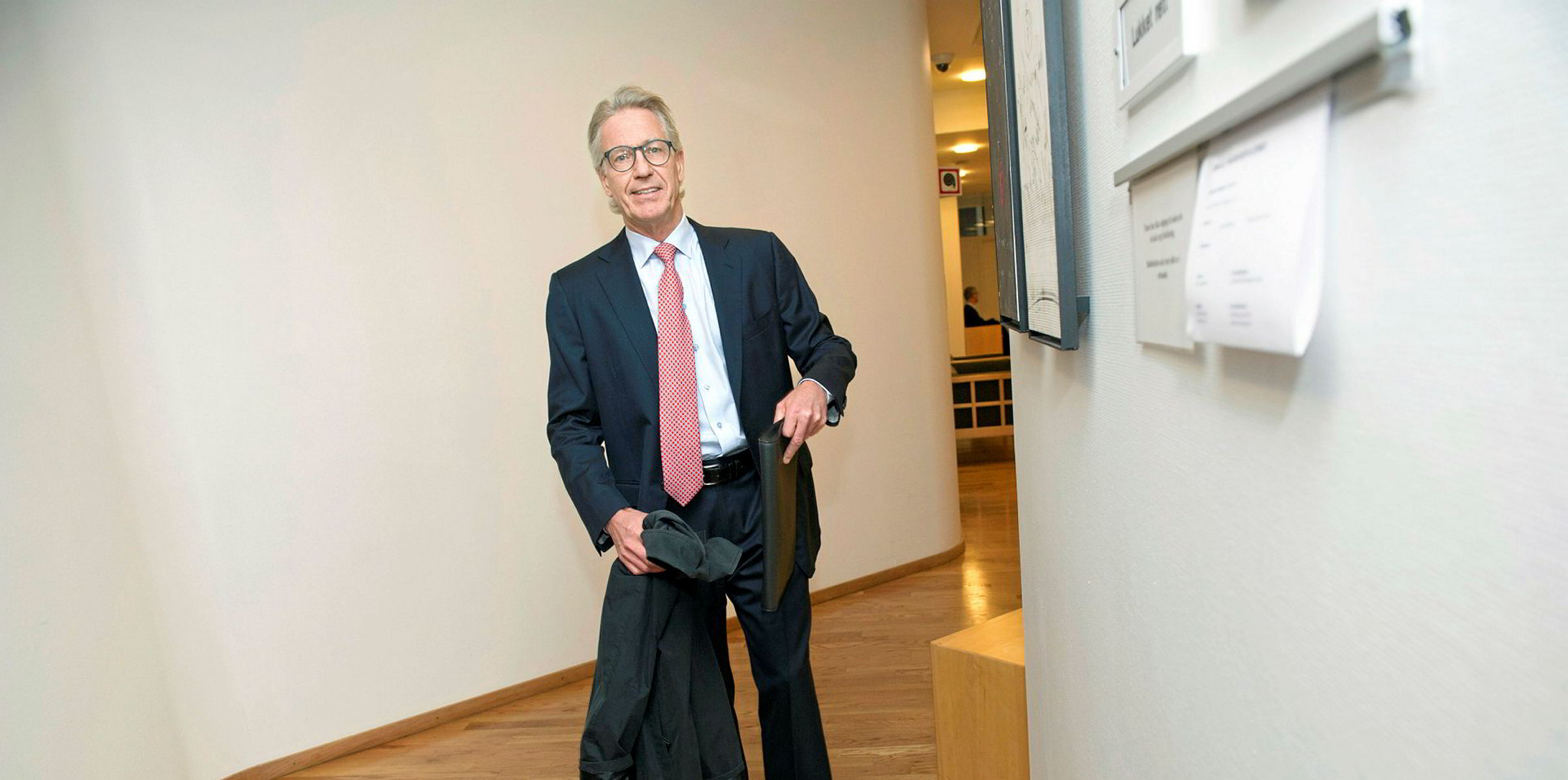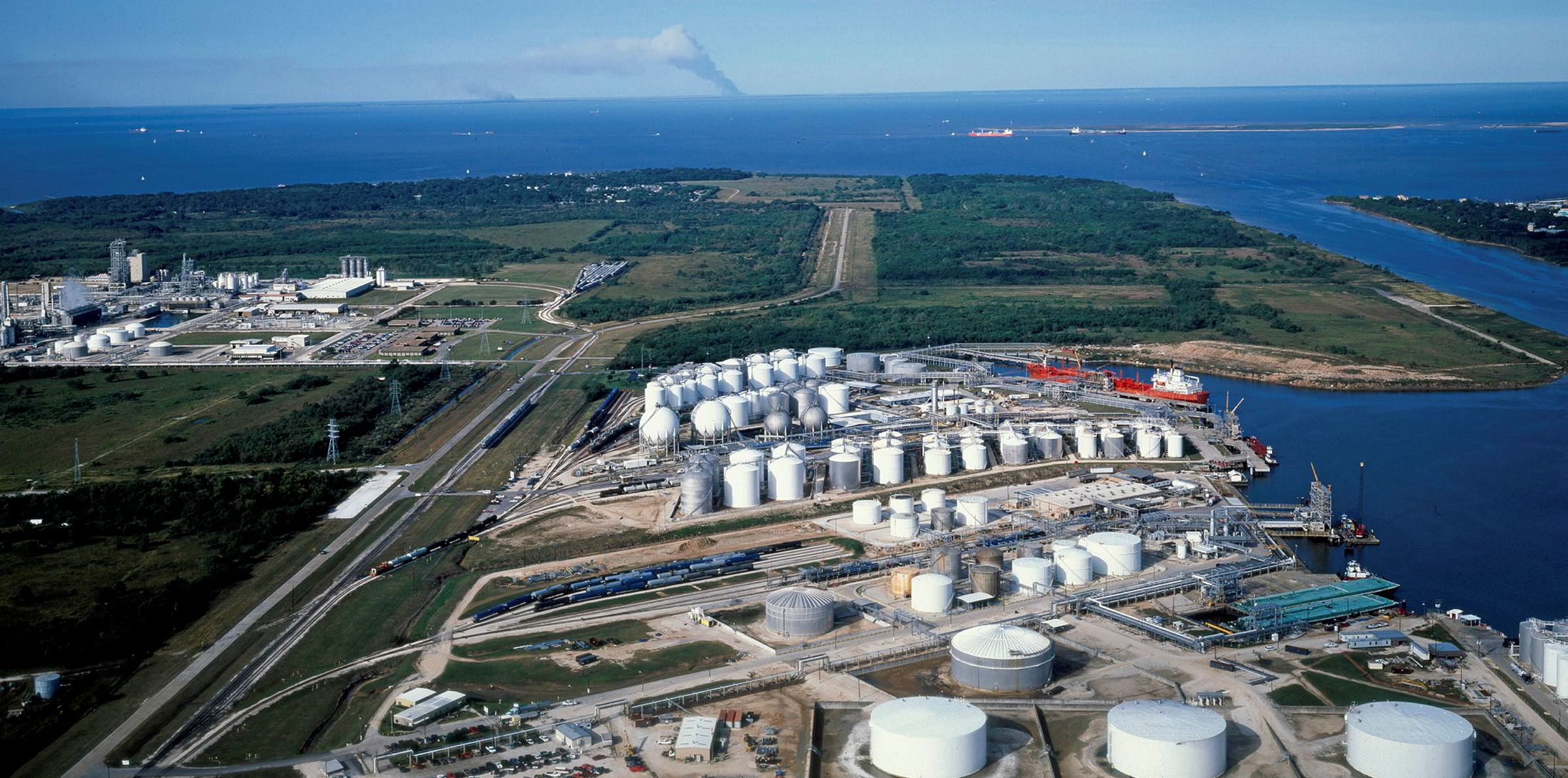Braemar Shipping Services is forecasting an increase in sale-and-purchase activity as opportunities arise during the coronavirus crisis.
In a trading update produced due to the impact of Covid-19, the London-listed shipbroker and maritime services company said its S&P desk had seen a reduction in activity levels across the board.
But the company added: "It is expected that buyers will seek to take advantage of the dislocation in pricing as the year progresses."
The pandemic has complicated deal-making due to travel restrictions imposed by most countries.
However, the broker also said its corporate finance business — Braemar Naves — has been busier in a strong start to the year, securing new transaction fees in March.
"Activity levels have also increased as vessel owners have looked to secure alternative financing arrangements necessitated by current market conditions," the company said.
"Given that the Braemar Naves business grew out of the distressed ship-financing market following the financial crash 10 years ago, it is well placed and experienced to take advantage of such opportunities in the current market."
Dividend ditched
In common with many companies, Braemar has now decided to scrap its dividend payment for the year to 29 February to maintain "robust" cash levels.
The broker said it is keeping liquidity and banking covenants under careful oversight.
"It is the board's intention to return to paying a dividend once the economic outlook is clearer, provided that the company's financial position is robust enough to do so," Braemar said.
The London-headquartered broker said it has a supportive relationship and regular engagement with its main lender HSBC, with whom it has a £35m ($43.25m) revolving credit facility and an additional £5m accordion facility.
Under current forecasts, it believes it has adequate liquidity and covenant headroom.
"I am very pleased with the way Braemar's shipbroking desks have responded to this crisis to ensure our services remain at the highest level that our clients expect," Braemar head of shipbroking James Gundy said.
"The diversification we have achieved in recent years and our lean structure has ensured that we have been able to remain robust and focused in the face of the current challenges."
Executive chairman Ron Series also highlighted strong performance in the shipbroking division.
"We are now focused on a number of initiatives to ensure that we maintain sufficient liquidity to continue to operate efficiently," he said.
Brokers coping with home working
Braemar said the vast majority of employees are now working from home for their protection.
"The robustness of the group's IT infrastructure has enabled us to continue trading, providing advice, market intelligence/research and our other services," the company said.
Trading in the new financial year from 1 March has started in line with guidance given on 3 March, when it warned of a hit to earnings.

"On the assumption that world trade slowly returns to a degree of normality over the next three months and there is no widespread second-wave Covid-19 lockdown, we expect trading to continue in line with those expectations," Braemar said.
"Whilst the Covid-19 outbreak persists, there remains raised levels of uncertainty in the market and the board will provide further updates on trading as the situation becomes clearer."
But the company remains positive about the medium-term outlook for the global shipping market.
Broking a mixed picture
Shipbroking experienced high activity and transaction levels in some markets, contrasting with a slowdown in some other areas.
Tanker rates have been booming and the level of longer-term time chartering has also increased, leading to further growth in the forward orderbook from $50m at 29 February, to $52m at 31 March.
"The current market is driven by the oil supply and demand imbalance, which, although hard to predict, is not forecast to last for a prolonged period," Braemar said. "Once the market settles, we expect a normalisation in charter rates."
The dry cargo market has had a slow start to the year but is already showing signs of improvement in the larger sizes and is expected to continue to pick up as Chinese imports recover.
Freight derivatives desk on the up
The securities market has also had high activity levels due to the market volatility, and the Braemar Freight Derivatives desk has gained market share so far this year.
Other markets have seen weaker trading, notably offshore, driven by the reduction in oil exploration spend.
Braemar's logistics division — Cory Brothers — has seen a relatively strong start to the year in its agency business, driven by both its tanker customers and UK exports.
By contrast, it has seen some impact from Covid-19 on freight forwarding, in particular a slow down of UK imports following the shutdown in China, which has now been further impacted by reduced UK demand. However, cost-saving activities implemented during the previous financial year are expected to reduce the overall impact of this slowdown.
New offices planned
The pandemic is not halting expansion plans in Europe, with the company announcing last month of its intention to open new offices in Athens and Geneva.
The company told TradeWinds that both new bases were due to open imminently.
The Athens office will focus on sale and purchase and have with six staff, including two from Braemar Naves.
The Swiss base will focus on dry-bulk shipbroking, with two to three employees.
Braemar plans to grow both offices in the future.







